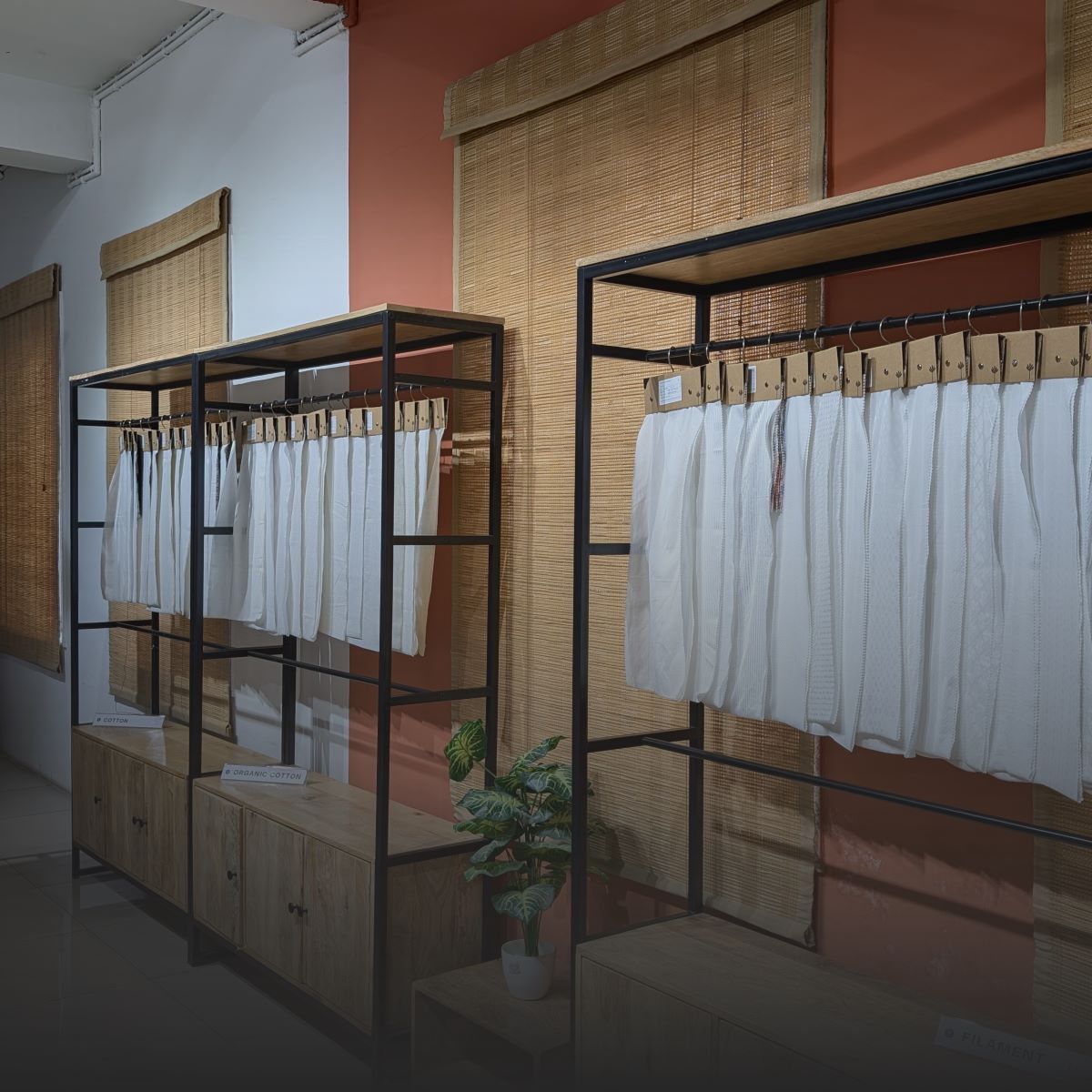A boutique business is a small retail establishment that caters to a particular market by offering items like clothing, accessories, and fabric. A small business boutique store or company may be operated by only one person and doesn't need much funding. Starting a boutique company in India typically takes an investment of between two and five lakhs. Women who enjoy personal shopping and who need assistance with their style judgments are often catered to by boutiques. Sarees and dress supplies are often sold by homeowners. A boutique's main duties include personal shopping, scheduling individual appointments for clients, and modifications.
When you have excellent taste and creative sensibility, starting your own boutique may be successful. You may start a store and sell your designs if you're a fashion designer. Additionally, you may partner with merchants to sell their goods or clothing in the shop. The following is a list of the prerequisites for opening a boutique in India.
Develop a Plan

Making a business plan is the first step in beginning a boutique enterprise. The fashion boutique business plan serves as a blueprint for opening the shop, growing it, and expanding it. The following information should be in the business plan:
- Where the store is located,
- Securing a loan to open the shop,
- The costs associated with maintaining the boutique,
- Staffing and marketing for the boutique,
- Goals, as well as timelines for each one.
Get Funds

In India, opening a small boutique typically involves an investment of between Rs. 2 and Rs. 5 lakh. By investing your savings or borrowing money from friends and relatives, you may launch a fashion boutique. To operate your boutique, you may seek a working capital business loan from a bank or other financial institution. Applying for a SME loan is another option. You may apply for SME loans via a number of government programmes that provide funding to business owners so they can start small businesses.
Understand Your Customer And Market

Researching the market is crucial. You should determine the age, income, lifestyle, and educational background of your prospective consumer. Understanding client preferences regarding boutique clothing and stocking things that appeal to them is helpful. You should prefer linen and cotton garments over synthetic ones if your city has humid or tropical weather.
You may look into what the market is missing or provide something brand-new that the clients are unaware of. Your store will become distinctive from other boutiques in the area as a result. Additionally, you may ascertain the purchase habits of clients that live close to your store. You'll get more clients as a result.
Get Raw Material Fabric

When creating clothing for your shop, you should choose a supplier of high-quality raw materials. Find suppliers that specialise in the raw materials needed for your boutique. Request samples from the producers of the fabric, threads, buttons, and other items that you want. You may evaluate the sample's quality and discuss the pricing after you obtain it. Make careful to choose materials of the appropriate quality to uphold your clients' trust.
Find Vendors

You must keep an eye out for wholesale clothing vendors when you buy clothing from numerous producers or dealers to offer in your store. Find wholesalers that carry the dress styles you wish to sell. Locating reliable clothing wholesalers, manufacturers, and distributors in your neighbourhood is an excellent way to start your search for suppliers. Whether you live in a large city, you may ask at neighbourhood stores and flea markets if wholesalers or sellers of clothing will come through. You might also contact small company owners online who are eager to provide clothing for your store.
Select The Location

You may start your boutique by renting or leasing a modest space. Your prospective clients should be able to reach the location of your store. There should be parking available, easy access to major thoroughfares, and little to no traffic in the area. You may create an online shop by stocking your items in a warehouse. Locate a warehouse near your home to save commuting time. Prior to stocking goods, do market research and maintain your products current.
Registration

Incorporate or register as a sole proprietorship your boutique business. It would be beneficial if you choose a name for the shop as well. Make sure the name is unique and not the same as the name of another organisation, since this might confuse your clients.
Marketing Planning

Making a marketing plan to advertise and attract clients would be beneficial. You may advertise in regional publications or distribute leaflets to locals and prospective clients. Additionally, you may gather consumers' information and send them emails about upcoming sales and new arrivals.
Set up accounts on social media for your store. By posting clothing images and designs on their Facebook sites, several new businesses have attracted devoted clientele. To create leads for your boutique, post your merchandise on social media platforms like Facebook and Instagram.
Hiring

Many boutiques are managed by a single individual, but as your company expands, you'll need to recruit trustworthy workers. Additionally, you will need salespeople, accountants, tailors, designers, and shop managers. You will also need cleaning assistance.
A smart and intriguing concept is starting a boutique company. As the firm expands, you will gain knowledge in managing money, purchasing, marketing, and organisational tasks. It is a company that may be launched with little initial expenditure and without recruiting many employees.
FAQ
What can one do to expand a boutique business?
First of all expand your line of expertise into different fields such as Indian ethnic clothes with western outfits and men’s clothing line. Target a market that can be your buyer persona. Conduct research to craft unique clothes and dresses. Participate in local events to represent your brands, do marketing with social media platforms and do not forget to target some influencers.
What social media platforms are best for boutique businesses?
Boutique clothing usually attracts people who have their own sense of style and want to wear something that is unique and exclusive. Thus, platforms like facebook, instagram, twitter, youtube and pinterest are best for clothing business. Apart from it, you can go to linkedin and quora.
What are the qualifications for a boutique business?
You do not need a specific qualification to set up your own boutique business. You just require knee interest in fashion and trends to draw your inspiration to draft something unique and flashy. Beside this, you have to do some formalities like registering business and store as sole proprietorship or a company.
We also happen to be a magnet for suggestions, and would love to catch yours….throw us yours on hello@fabriclore.com
Learn, Create & Grow with us 





